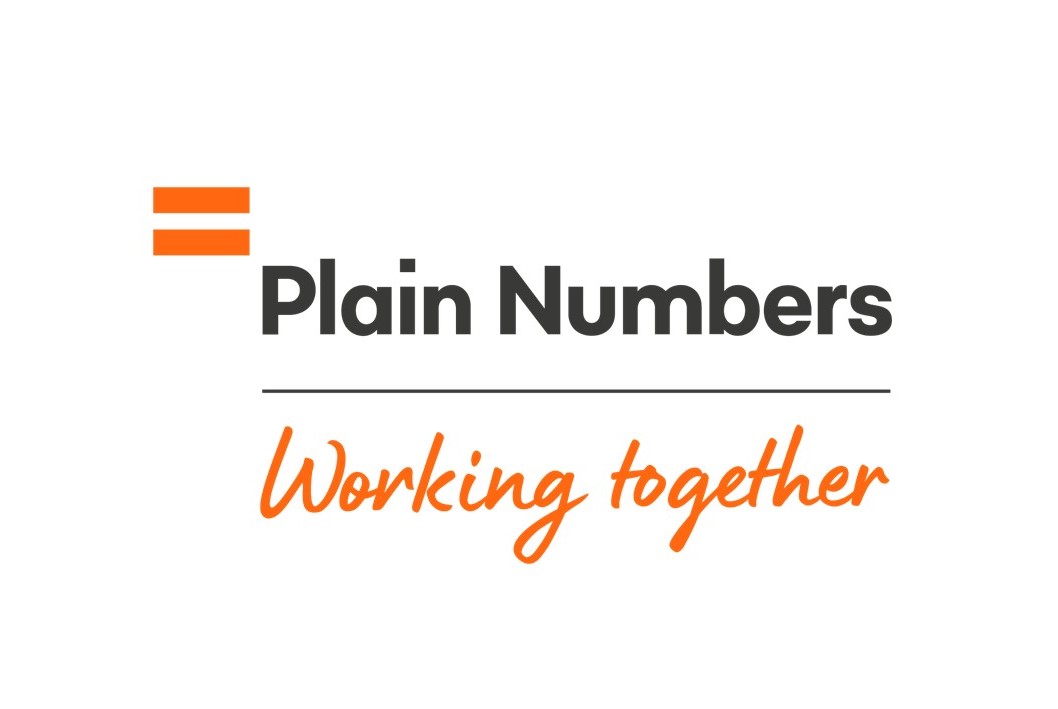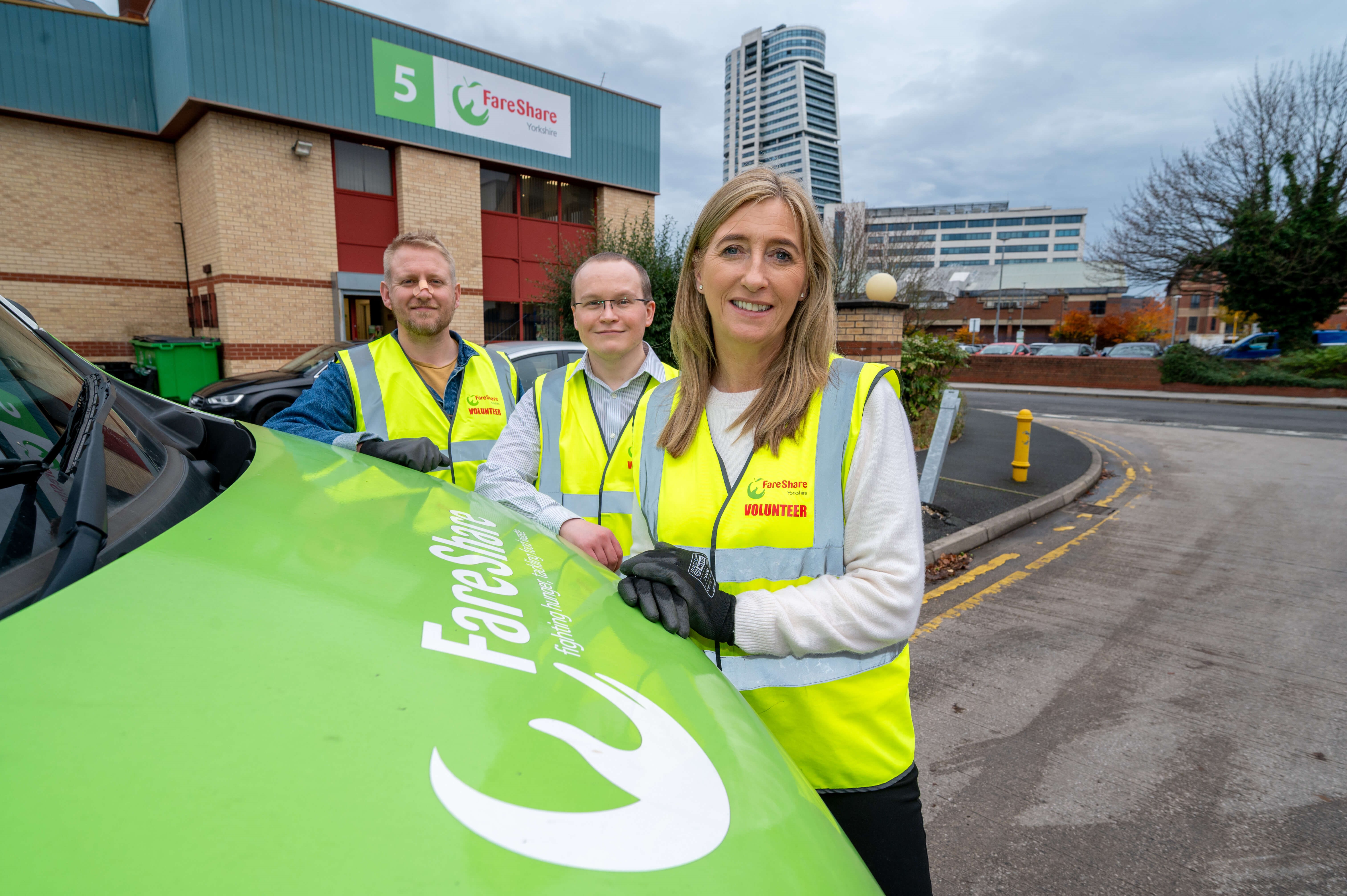UK savings crisis as financial wellbeing gap widens
- The number of people unable to save money on a monthly basis has doubled since 2019, rising from one in ten (12%) to one in five (22%) according to new research by Yorkshire Building Society
- Figures also reveal the widening of the UK’s financial wellbeing gap, with those able to save on a monthly basis putting away over 50% more than five years ago.
- A quarter (24%) of Brits though admit to often running out of money before pay day
Consumers are currently facing a savings crisis, according to a report[i] by Yorkshire Building Society released today (Wednesday 16 August), which highlights the fragility of people’s finances across the country. Key findings show more than one in five (22%) UK adults, potentially almost 10million people[ii], admit they are unable to save anything on a monthly basis, doubling from one in ten (12%) in 2019.
Yorkshire Building Society’s study seeks to analyse consumers’ financial resilience and compares the changing financial behaviours of UK adults over the last five years. It reveals the impact economic shocks in this period, including the cost-of-living crisis, the war in Ukraine and the implications of the Covid-19 pandemic, have had on individuals’ financial capabilities and attitudes.
The figures also call attention to the UK’s widening financial wellbeing gap – the gap between non-savers and savers – as a quarter (24%) of UK adults confess to often running out of money before pay day and one in five (21%) could only live off their savings for less than a month if they lost their job and didn’t have an income.
Conversely at the other end of the scale there are signs of increased savings activity in light of the coronavirus pandemic, with many people seeing their savings grow under lockdown restrictions, with the average Brit increasing the amount they can save each month by almost £100, to £256 from £161 in 2019.
Despite the improvement in the nation’s ability to increase their saving pot, UK adults say they require a nest egg of £17,345 to feel financially secure, yet only a third (35%) confirmed they had this figure in cash savings.
Debt has also risen notably since the onset of the cost-of-living crisis with the average person going a further £526 into the red and those aged 35-54 seeing increases by an average of £713 as a result of rising utility, food and mortgage costs.
Worryingly the long-term impacts of the changes in financial behaviour over the last five years have resulted in only one in 20 (6%) of those aged 35-54 strongly agreeing they would now have sufficient money when it came to their retirement and one in ten (9%) of those aged over 55.
The Society says more needs to be done to help people to build their financial wellbeing through savings, particularly in light of this new analysis.
Chris Irwin, director of savings at Yorkshire Building Society, said: “The reality of our analysis shows just how far away we are as a nation from reaching a state where everyone feels they have sufficient reserves to be financially secure.
“While it’s positive to see that overall the UK’s financial resilience has improved, we hope those who have been able to increase their savings will maintain good money habits and grow their savings safety nets.
“Sadly though, having a savings buffer isn’t a reality for everyone, with many now more exposed than before to financial shocks.
“Now more than ever, with current and potential future economic uncertainty, it’s important for people to try and build their financial resilience and for the wider financial services market, and policy makers, to help people to save.”
Yorkshire Building Society remains committed to supporting those people across all ages hardest hit by the cost-of-living crisis, and has recently expanded its innovative partnership with Citizens Advice which sees independent advisers hold free, impartial and confidential appointments in selected high street branches of the Society to support people with a range of issues. including financial wellbeing.
The partnership with Citizen’s Advice initially started with just six Yorkshire Building Society branches, but due to demand the amount of locations offering the service trebled in the first 18 months. This latest expansion nationally will see 42 branches offer Citizen Advice advisers across Scotland, Yorkshire and the North West, East Anglia and the South West of the country.
Chris continued: “The concern is not only the here and now – but the knock-on effect of depleted savings for the future. Those planning to retire, for example, may have to wait considerably longer whilst they build up their savings again.
“We recognise that many people need help and advice around financial wellbeing –now so that they can navigate the coming months – and potentially years – without getting into debt, or, indeed, getting into further debt. That’s why initiatives such as our partnership with Citizens Advice is so important.”
Yorkshire Building Society has a range of support tools available to help people build their financial resilience and take practical steps to saving more.
The full Saving the Nation report can be found here.
[i] The Savings the nation report analyses data from 5 years
2023 data collected with Opinium Research – surveying 2,000 UK Adults nationally representative of the UK population completed 9th to 14th March 2023
2022 data collected with Opinium Research – surveying 4000 UK Adults nationally representative of the UK population completed 11th - 15th March 2022
2021 data collected with Opinium Research – surveying 2000 UK Adults nationally representative of the UK population completed 7th - 11th May 2021
2022 data collected with Opinium Research – surveying 2000 UK Adults nationally representative of the UK population completed 20th - 23rd July 2020
2019 data collected with Research without barriers - – surveying 2000 UK Adults nationally representative of the UK population completed 8th May 2019 and 14th May 2019
[ii] ONS data from 2021 census Age groups- figures estimates UK adults to be 44.7million



